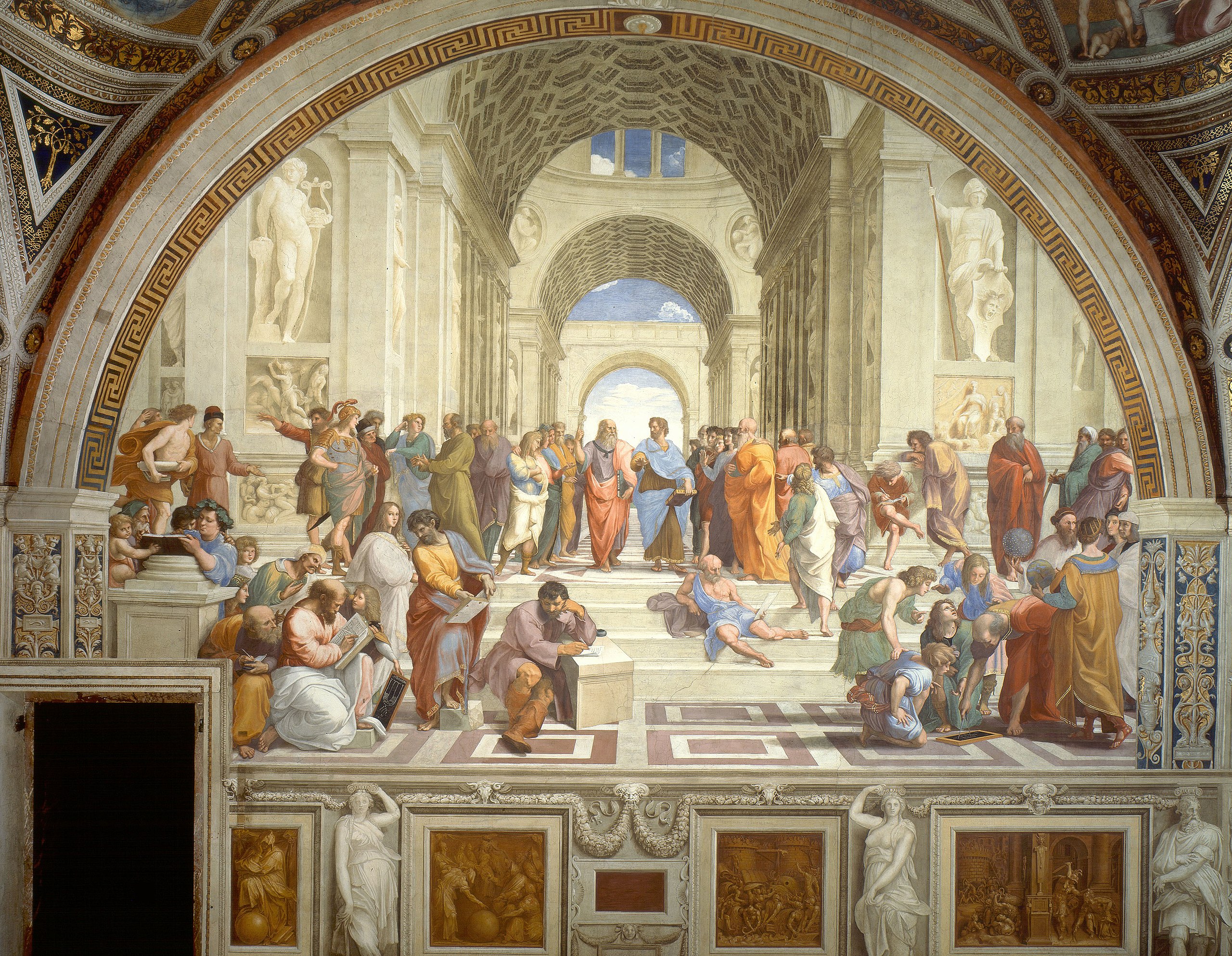
From the mid-fifteenth century onwards, the Ottoman expansion into the Eastern Mediterranean and the Balkans, and especially the conquest of Constantinople in 1453 brought about an unprecedented influx of Greek migrants and members of the Byzantine intelligentsia to the Italian Peninsula and Western Europe. In their cultural baggage these refugees carried the salvaged vestiges of Greek classical literature either through their erudition or in form of physical copies of manuscripts and works of art, which would become the passport for their acceptance into the receiving societies. Casting out the image of beggarly “schismatic” Orientals to re-fashion themselves as heirs to classical antiquity and guardians of ancient Greek letters, these intellectuals contributed to the revival of classical antiquity in the European courts and are often credited with the emergence of humanism and the Italian Renaissance.
This newly constructed notion of “Greekness” promoted by the early Greek diaspora stood in stark contrast to former perceptions of “Hellenism.” Throughout the middle ages, Byzantines were self-identifying as Romans, while all things relating to ancient “Hellenic” culture were viewed as synonymous with paganism and idolatry. However, while on the one hand “Greekness” was becoming increasingly associated with the classical ideal of ancient “Hellas,” the term “Greek” acquired multiple meanings depending on context, signifying the Greek language, the Orthodox rite, as well as “Byzantinizing” book-bindings and works of art. These changing perceptions of “Greekness” not only influenced the way in which Europeans perceived Greeks, but they also had a lasting impact on the formation of Greek national identity that would persist throughout the centuries until the establishment of the modern Greek state.
This course aims to discuss and define the multiple notions of “Greekness” from the middle ages up until modernity, by reviewing the recent trends in scholarship on the reception of Hellenism in early modern Europe. What did Europeans perceive as “Greek” and how did Greeks understand their own identity? How did the encounters between “East” and “West” shape new definitions of “Greekness”? What are the positive and negative prejudices that were crystallized regarding Greek identity and how did they develop throughout the centuries? Starting from the discourse on the “Hellenization” of the Byzantine Empire, we will assess how the sense of belonging to a shared Greek past re-emerged with the rise of Nationalism and Orientalism, thus shaping historiographical debates on the continuity of Hellenism.
- Kursleiter/in: Margarita Voulgaropoulou
